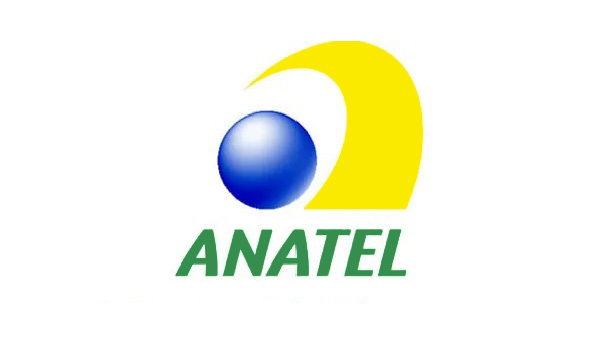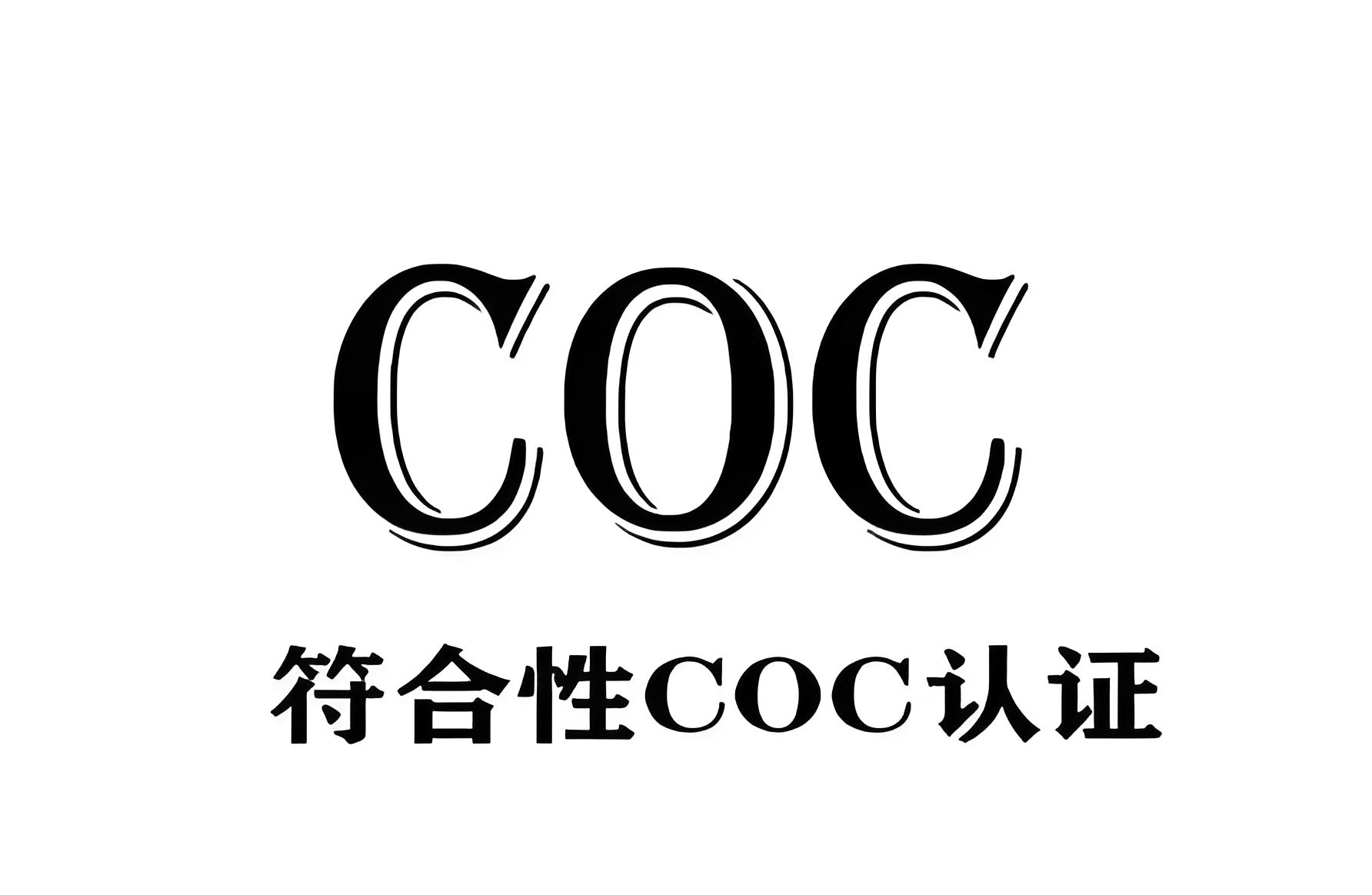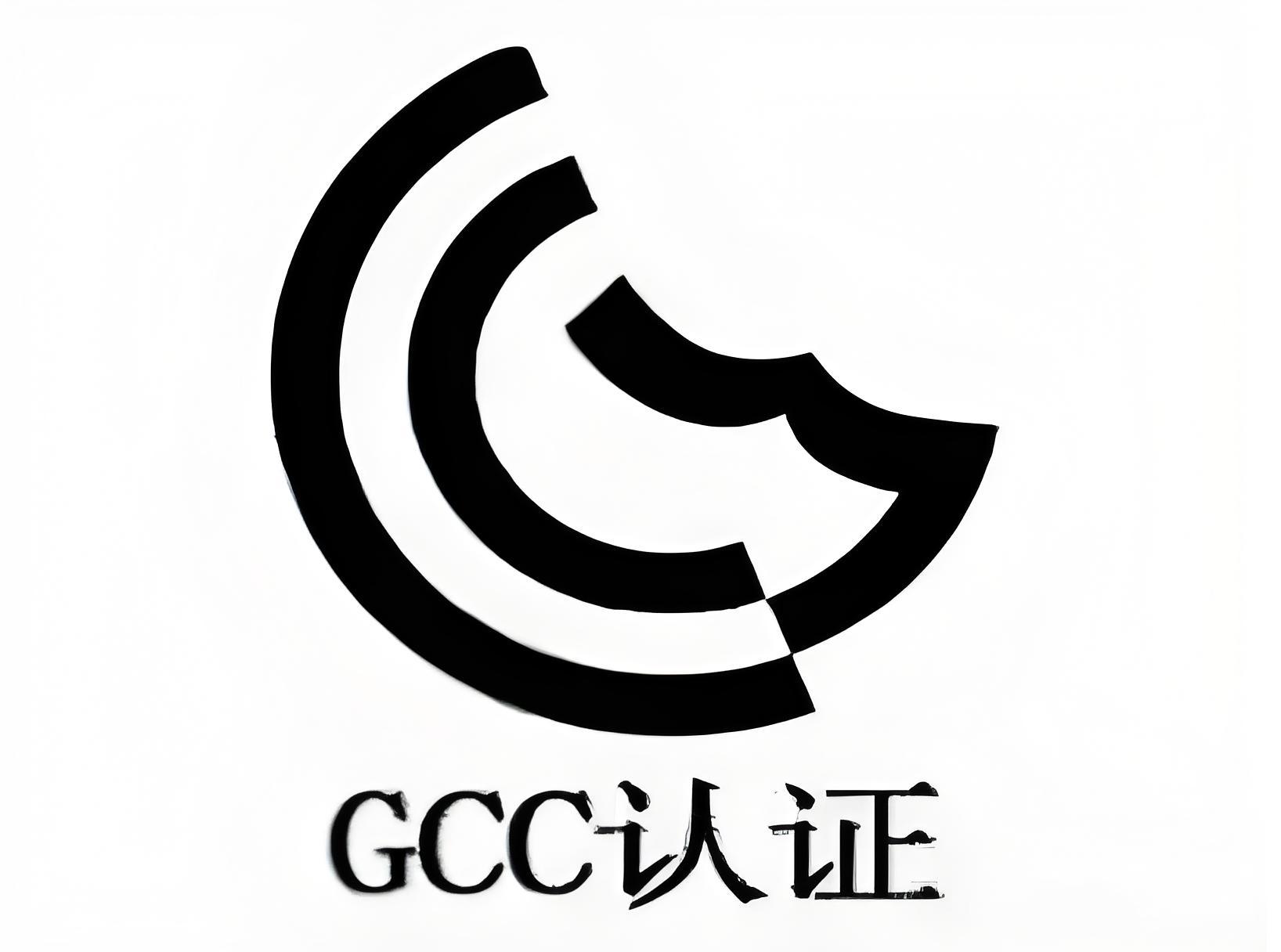
basic introduction
This test is mainly for the detection of lead, cadmium, mercury, hexavalent chromium, polybrominated biphenyls, polybrominated diphenyl ethers in accordance with the EU ELV Directive 2000/53/EC or the national standard GB/T 30512 for complete vehicles or parts and raw materials; or based on Other regulations, such as REACH, conduct related hazardous substance tests, such as asbestos, polycyclic aromatic hydrocarbons, etc., to help build a green automotive industry chain.
As the world's major automotive markets have regulations on automobile scrap and other chemical regulations for products and materials, auto OEMs must prove that the products they produce meet the requirements of the regulations to obtain formal certification in the corresponding market. Therefore, the entire automotive industry supply chain must follow national or international care and restricted substance testing and standards to design and produce its products.
Service Content
Test items
Lead, cadmium, mercury, hexavalent chromium, polybrominated biphenyls, polybrominated diphenyl ethers, asbestos, polycyclic aromatic hydrocarbons, phthalates, PFOS, etc.
standard test
IEC 62321 series of standards, national standards and other test standards prescribed by regulations.
Service object
Major OEMs and suppliers at all levels.
Value-added services
Timely follow-up and interpretation of standards and regulations.
Our advantage
1. With a professional qualification and experienced expert technical team, we can provide you with professional consultation and services.
2. Have advanced laboratory equipment to ensure the accuracy and reliability of test data.
3. As a third-party testing and certification organization trusted by customers worldwide, we are your certificate of quality.


ANATEL certification is a mandatory certification for telecommunications equipment or related equipment by the Brazilian National Telecommunications Administration (Agência Nacional de Telecomunicações), including wireless communication equipment, wired communication equipment and related auxiliary equipment; this certification ensures that telecommunications equipment sold in the Brazilian market meets Brazil\'s technical standards and regulatory requirements, and guarantees the product\'s quality requirements such as radio frequency, electrical safety, electromagnetic compatibility, and electromagnetic exposure. If the product entering Brazil does not complete ANATEL certification, it may face fines, seizures, and other penalties.

COC certification in Algeria is a mandatory certification for products exported to Algeria, ensuring that the products comply with the country\'s safety, quality, and technical standards. The certification process includes document review, product testing, and factory inspection. Products that pass certification can be legally sold in the local market, protecting consumer interests and promoting fair trade.

GCC certification is the abbreviation for Gulf Cooperation Council certification, which is a mandatory certification requirement for products entering the market in Saudi Arabia and other countries in the Gulf region.
This test is mainly for the detection of lead, cadmium, mercury, hexavalent chromium, polybrominated biphenyls, polybrominated diphenyl ethers in accordance with the EU ELV Directive 2000/53/EC or the national standard GB/T 30512 for complete vehicles or parts and raw materials; or based on Other regulations, such as REACH, conduct related hazardous substance tests, such as asbestos, polycyclic aromatic hydrocarbons, etc., to help build a green automotive industry chain.
Get a quote